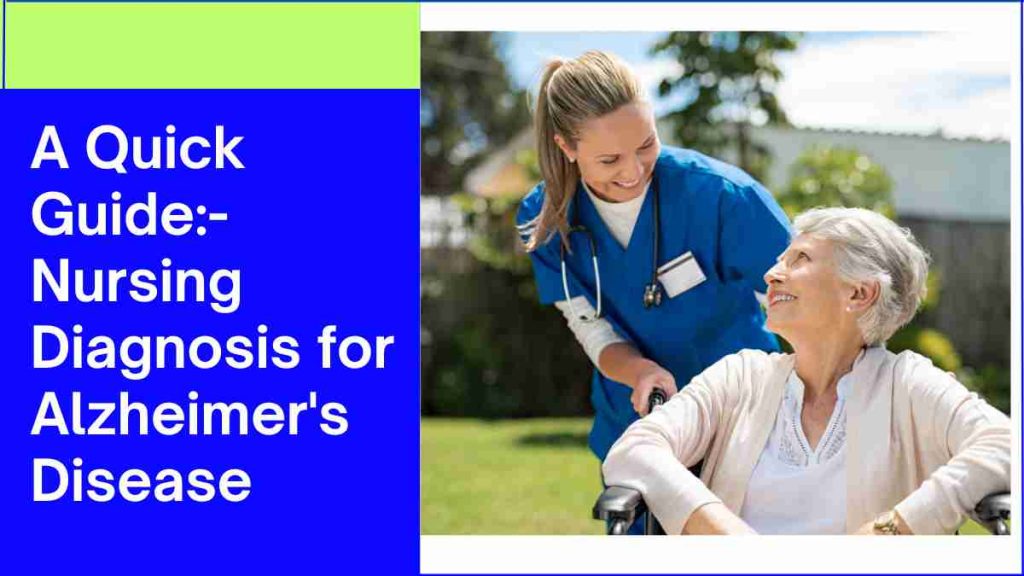- Oak Brook:(630) 705-9999
- Chicago:(312) 920-8822
- Email:inquiry@vervecollege.edu
- Make a Payment
- Home
- Programs
- Admission
- Resources
- ATI Entrance Exam Resources
- New E-Digital Library
- Refer a Friend
- School Newsletter
- Events
- Employers
- Job-Network
- Alpha Beta Kappa Candidates
- Verve College Library
- Graduation and Pinning Ceremony Photo Galleries
- Textbook Information
- Career Services
- Tutoring
- School Catalog
- FAQ
- Constitution Day Program
- Alumni
- Verve College Plans
- Financial Aid
- HEERF Reporting
- Satisfactory Academic Progress
- Apply For Financial Aid
- Net Price Calculator
- Return of Title IV Funds (R2T4)
- Financial Aid Office Code of Conduct
- Contact
- FAQs
- Verification Policy
- Vaccination Policy
- Student Right-to-Know Act
- Misrepresentation
- Information Security Program
- Academic Award Year
- Availability of Employee
- Cost of Attendance
- Health & Safety Exemption Requirement
- Students Rights and Responsibilities
- Leave of Absence
- Pell Formula
- Military Students
- Grants/ Scholarship Policy
- Contact Us
- Testimonials
- Blog
Is a Nursing Career Right For You?
Take The Free Quiz
A Quick Guide:- Nursing Diagnosis for Alzheimer’s Disease
A Quick Guide:- Nursing Diagnosis for Alzheimer’s Disease
This nursing care plan will assist in providing adequate care to Alzheimer’s patients. By attending the LPN training Illinois (LPN programs) or Practical Nursing program you can learn about assessment and intervention processes and ways to tailor diagnoses, goals, and diagnoses to each person in care. Improve your ability to care for Alzheimer’s patients!
What is Alzheimer’s Disease (Ad)?
Alzheimer’s (AD) disease is a progressive and irreversible degenerative illness affecting older people, leading to dementia care that disrupts daily life and disrupts everyday functioning. The risk increases with age. Alzheimer’s often begins after 60 years old and will increase with each generation; its risk rises even further if there is a family history of the condition.
Alzheimer’s Disease develops gradually until cognitive function is completely lost. Alzheimer’s pathologic manifestations include loss of neurons across multiple areas of the brain, atrophy, wide sulci, and dilated ventricles in the brain.
Nursing Interventions and Actions
Below are examples of nursing and therapeutic interventions used with patients living with Alzheimer’s Disease (AD).
1. Improve Cognitive Function
It can be challenging for patients with Alzheimer’s Disease (AD), including nursing students from ATI nursing school at community college to improve their cognitive function as it progresses, which leads to a decline in memory, thinking abilities, and mental capabilities. Researchers are currently exploring various approaches and interventions designed to ease symptoms and increase cognitive performance to give benefit to people with AD. Early diagnosis, proper medical care of people by health care providers to improve medical conditions, and an integrative approach that includes various interventions can all play an integral role in managing symptoms and supporting cognitive functions in these individuals.
- Assess a patient’s mental processing cognitive ability at every shift.
- Assessment of memory and cognitive functions.
- Measure the level of Confusion and disorientation.
- Assess any changes in olfactory and gustatory senses, eating habits, and appetite and their impact on nutritional status.
Related:- Common Misconceptions About LPNs
2. Injury Promotion and Injury Prevention
One major challenge associated with Alzheimer’s Disease (AD) is increasing safety for its victims by implementing strategies for injury promotion and injury prevention. AD can cause cognitive impairments that lead to memory loss, Confusion, and disorientation, increasing the risk for injury of accidents or injuries. Specific strategies can be implemented as ways of mitigating risk factors in these individuals.
- Remove any risks from a patient’s environment.
- Reduce or eliminate sources of environmental hazards.
- Tell your family members to apply protective guards to electrical outlets, stove knobs, and thermostats in their homes to keep electrical devices from harm.
3. Addressing Confusion
Alzheimer’s (AD) can often cause Confusion, making managing it an essential aspect of patient care. Cognitive decline can result in memory loss, attention issues, and difficulties solving problems, as well as mental nursing process challenges that cause disorientation.
Assess reversible and irreversible dementia symptoms to determine their type and extent to develop a long-term plan of care to optimize cognition, emotional functioning, and socialization at optimal levels.
Use cognitive function testing. Determine the stages of dementia.
4. Decrease Anxiety
AD can bring feelings of Confusion, loss of control, and disorientation that contribute to anxiety in its patients. To effectively alleviate their discomfort and promote calmness and security for them all simultaneously. A holistic strategy must be utilized to reduce such worries in AD patients.
Look for any signs of fatigue, agitation, or other cognitive symptoms.
Eliminate anxiety-inducing situations for the patient.
Be on the lookout for any telltale signs of an impending disaster.
Want to Make a Career in Nursing? Get More Information About Our Courses!
5. Communication
Enhancing communication with a focus on Illinois College of Nursing Tuition in a nursing career. Over time, Alzheimer’s Disease gradually reduces communication abilities. To promote verbal exchanges (which include spoken, written, and signed languages as well as signs), this nursing plan seeks to foster them using oral language therapy aimed at verbal communication – we humans are exceptional due to having developed our language system, which facilitates meaningful and organized conversational exchanges.
- Assess the impacts of communication deficit
Determine whether the patient can comprehend or utilize language effectively under specific situations and circumstances. Effective Communication abilities may be affected by various health conditions.
- Alternative Airways (e.g., tracheostomy and oral, nasal intubation): WHEN air no longer passes over your vocal cords, no sound is produced, and therefore, no voice sounds out.
- Orofacial/maxillary disorders (e.g., wired jaws).
- When the tongue and mouth move together, communication can become impaired and disrupted.
 Sign up
Sign up Login
Login




